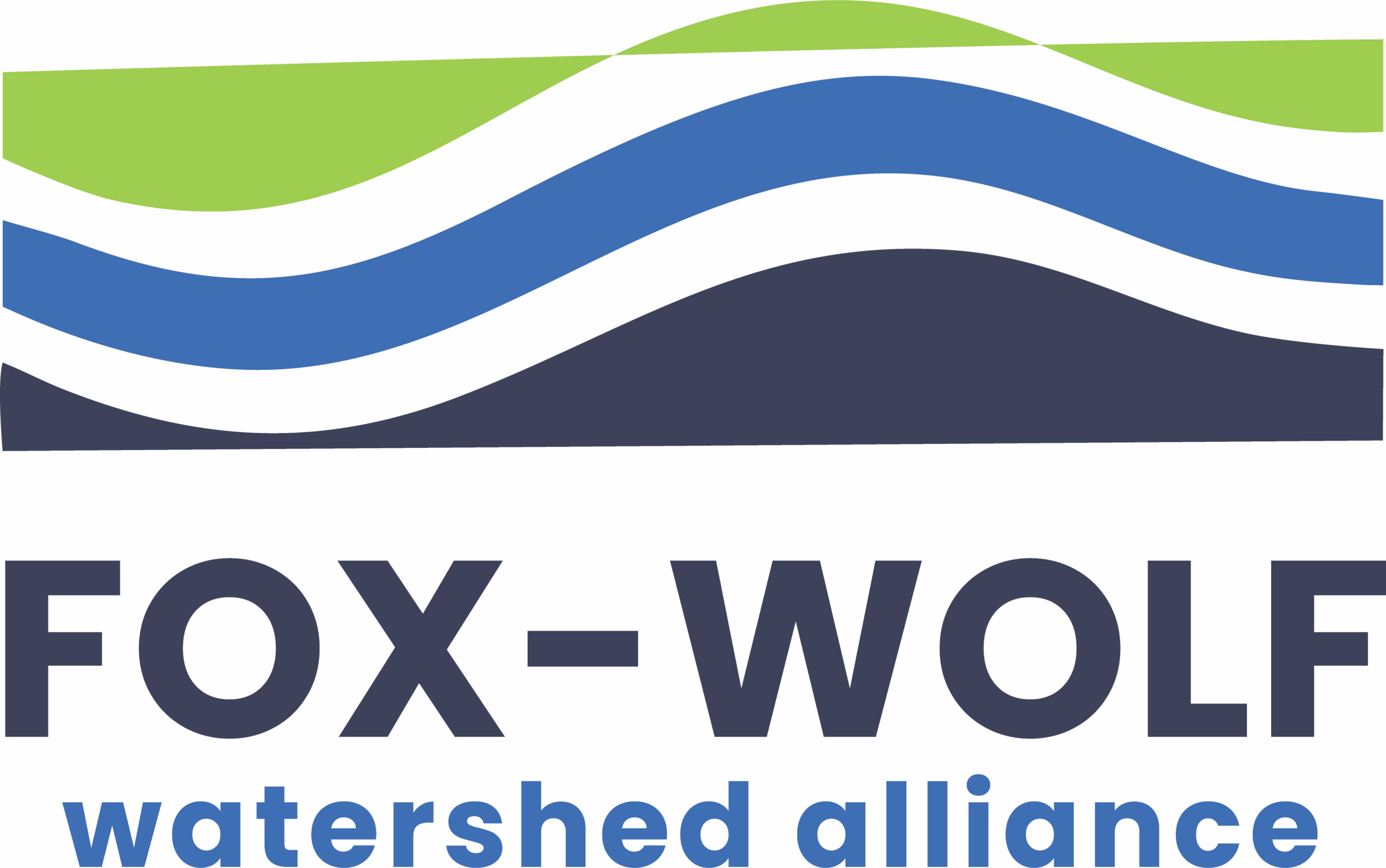When it rains, most of us don’t give much thought to where the water goes. It spills off rooftops, runs down driveways, pools at the curb, and disappears into the storm drain.
But that storm drain? It’s not the end of the line. It’s actually the beginning of a story. And the best part? You’re part of it.
Because when it rains, it runs off. And while that might sound simple, what the water picks up along the way can have a big impact.
Rainwater that falls on your yard or roof is one thing. But when it hits hard surfaces like streets, sidewalks, and driveways, it doesn’t soak in. It travels. Fast. Carrying along whatever it touches. Imagine motor oil from your car, fertilizer from the lawn, salt from winter roads, litter from the curb, pet waste from your dog walk, or maybe even a suspiciously well-folded paper boat just drifting toward the drain.
And here’s the part most people don’t realize:
Storm drains don’t lead to a treatment plant.
It’s a common (and understandable!) misconception. But the storm drain at the end of your street doesn’t take water to a sewer plant.
It flows directly into the nearest stream, river, or lake. Maybe Duck Creek in Suamico, Little Lake Butte des Morts in Menasha, Baird Creek winding through Green Bay, or even that quiet stream running behind your house.
That means what runs off your neighborhood doesn’t just affect “the environment” in some far-off way. It affects your actual neighbors, the people just downstream from you. Their water. Their fishing spots. Their kids’ swimming holes.
So, Here’s the One Big Thing to Remember:
Try to keep anything other than rain out of the storm drain.
You wouldn’t let your kids swim in the soapy runoff from washing your car in the driveway. You wouldn’t want to catch a walleye slicked with motor oil.
That storm drain is a direct line to the places you and your neighbors care about. Your favorite creek, your fishing spot, your shoreline.
Quick tip: Commercial car washes treat and recycle their water. At home? That soapy bucket just runs straight to the nearest stream. If you want to wash your car yourself, try doing it on the lawn, where the water can soak in instead of running off.
Here’s the good news: a lot of communities across Northeast Wisconsin are already pitching in behind the scenes.
Through Fox-Wolf’s Northeast Wisconsin Stormwater Consortium (NEWSC), local cities, towns, and villages are teaming up to keep water clean. That means building smarter systems to handle runoff, planting more rain gardens and native plants, and sharing simple ways people can help at home.
They’re doing their part. And now, you can too.
How Many of These Can You Check Off?
Everyday actions that make a real difference!

Watch the Rain
Next time it rains, take a moment to look outside.
You’ll see water spilling off rooftops, running down driveways, and disappearing into the storm drain—just like always.
But now you know: that drain isn’t the end. It’s the start of something that moves through your neighborhood and into the water we all share.
You’re still part of the story. But now, you know you’re helping write what comes next.
Let’s keep the Fox-Wolf Watershed clean, healthy, and flowing for all.



Leave A Comment